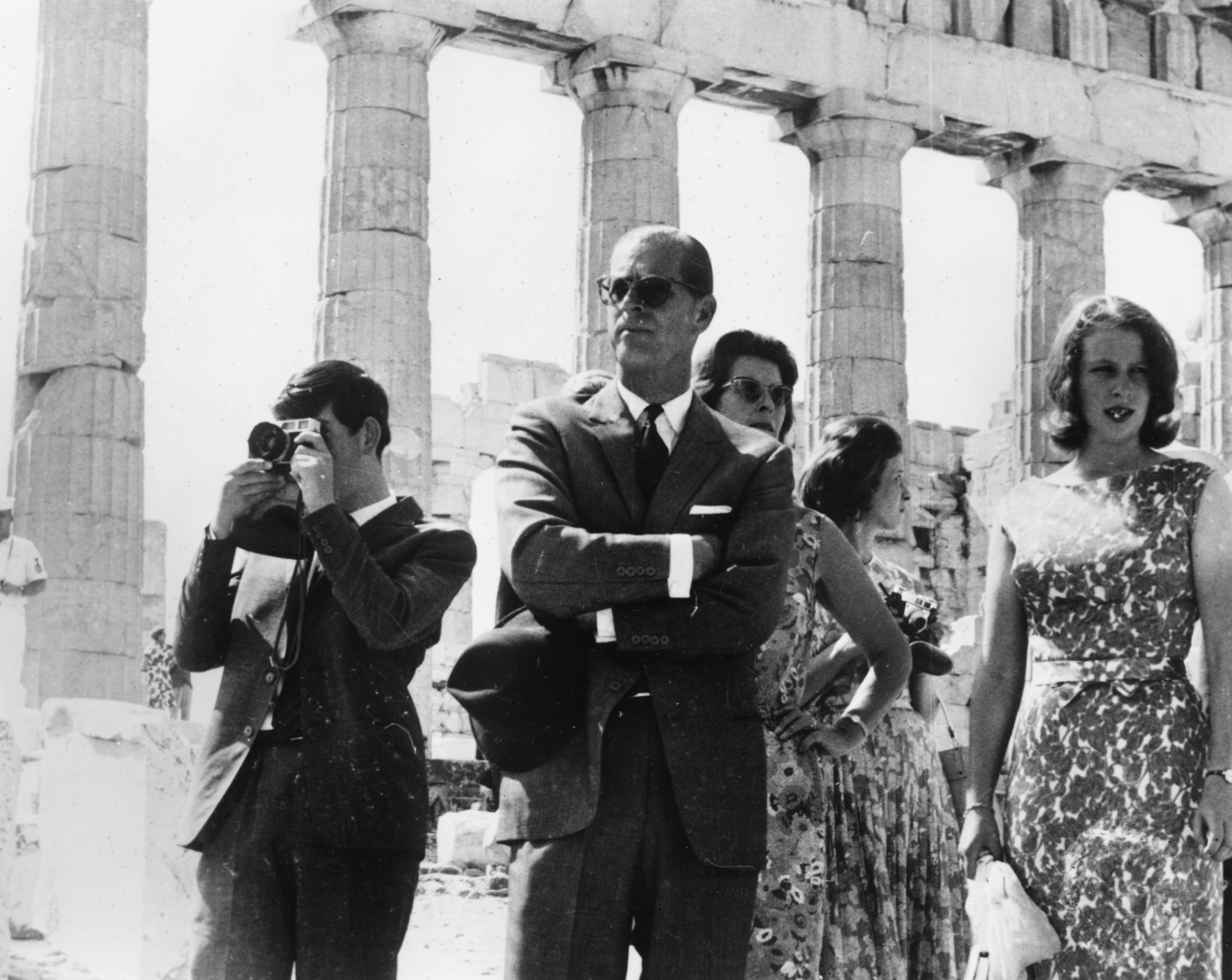Prince Philip’s Greek heritage - From Corfu to Windsor Castle
Prince Philip was related to royal families across Europe

Your support helps us to tell the story
From reproductive rights to climate change to Big Tech, The Independent is on the ground when the story is developing. Whether it's investigating the financials of Elon Musk's pro-Trump PAC or producing our latest documentary, 'The A Word', which shines a light on the American women fighting for reproductive rights, we know how important it is to parse out the facts from the messaging.
At such a critical moment in US history, we need reporters on the ground. Your donation allows us to keep sending journalists to speak to both sides of the story.
The Independent is trusted by Americans across the entire political spectrum. And unlike many other quality news outlets, we choose not to lock Americans out of our reporting and analysis with paywalls. We believe quality journalism should be available to everyone, paid for by those who can afford it.
Your support makes all the difference.Prince Philip, who died this morning at the age of 99, was the son of a Greek prince and was born on the idyllic island of Corfu.
The youngest of five children, the prince was born at the family home, Mon Repos, on 10 June 1921 to Prince Andrew of Greece and Denmark and Princess Alice of Battenberg.
At his birth, Philip was sixth in line to the Greek throne, as Prince Andrew was the son of King George I of Greece.
King George was in fact originally a Danish prince, known as Prince Wilhelm of Denmark, and was elected to be king of Greece in 1863 following a protocol signed by England, France and Russia.
The Greek king was later assassinated in 1913 and Philip’s uncle Constantine took over the throne.
However, in 1922 King Constantine I was forced to abdicate and flee the country when Greece lost the Greco-Turkish War of 1919–1922.
Philip’s immediate family were also forced to leave the country and escaped to Paris in December 1922 when his father, Prince Andrew was accused of treason, imprisoned, and sentenced to death.
The 18-month-old prince was evacuated by a Royal Navy ship in a makeshift cot which had been constructed from an orange box.
Prince Philip’s official title was Prince Philip of Greece and Denmark, until he later renounced his Greek royal title in 1947 to become a naturalised British subject and marry the Queen, who was then Princess Elizabeth.
Instead, Philip took on the new surname Moutbatten which was an Anglicised version of his mother’s family name of Battenberg.
The prince was also related to the kings of Prussia, the Romanovs from Russia and was, like the Queen, a great-great-grandchild of Queen Victoria.
Although born in Greece and related to Greek kings, it would appear that the prince did not feel much attachment to the country, once remarking: “I certainly never felt nostalgic about Greece. A grandfather assassinated and a father condemned to death does not endear me to the perpetrators.”
The Duke of Edinburgh spent more than seven decades supporting his wife as her consort, before retiring from public life in 2017.
On Friday morning, Buckingham Palace released a statement announcing his death. It reads: “It is with deep sorrow that Her Majesty The Queen announces the death of her beloved husband, His Royal Highness Prince Philip, Duke of Edinburgh.”
“His Royal Highness passed away peacefully this morning at Windsor Castle. The Royal Family join with people around the world in mourning his loss.”





Join our commenting forum
Join thought-provoking conversations, follow other Independent readers and see their replies
Comments